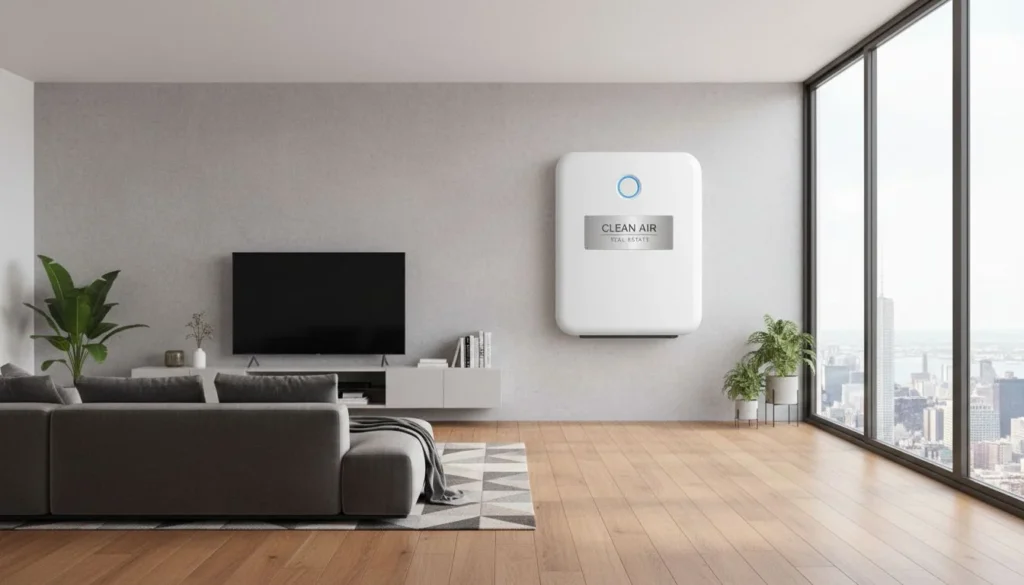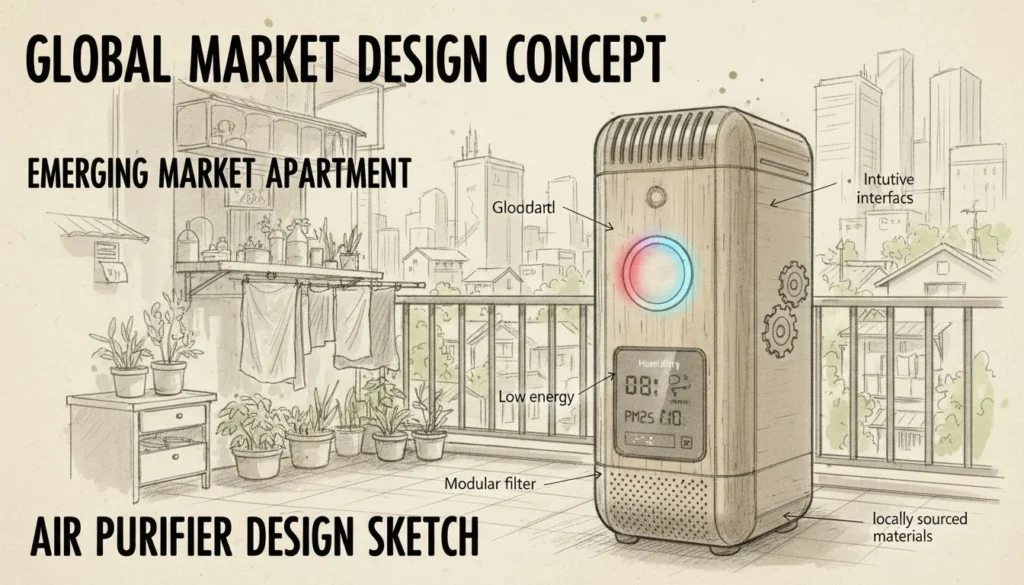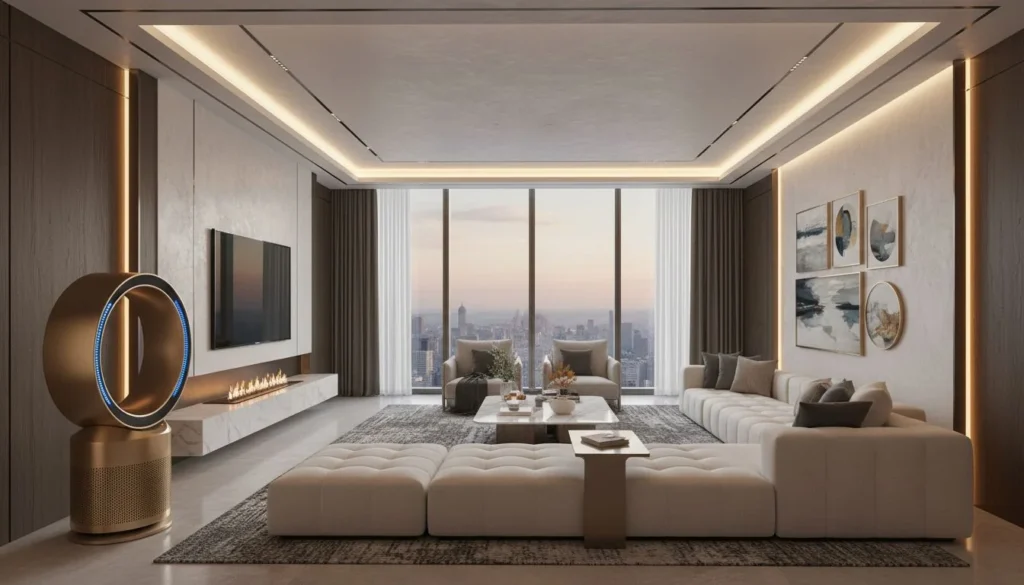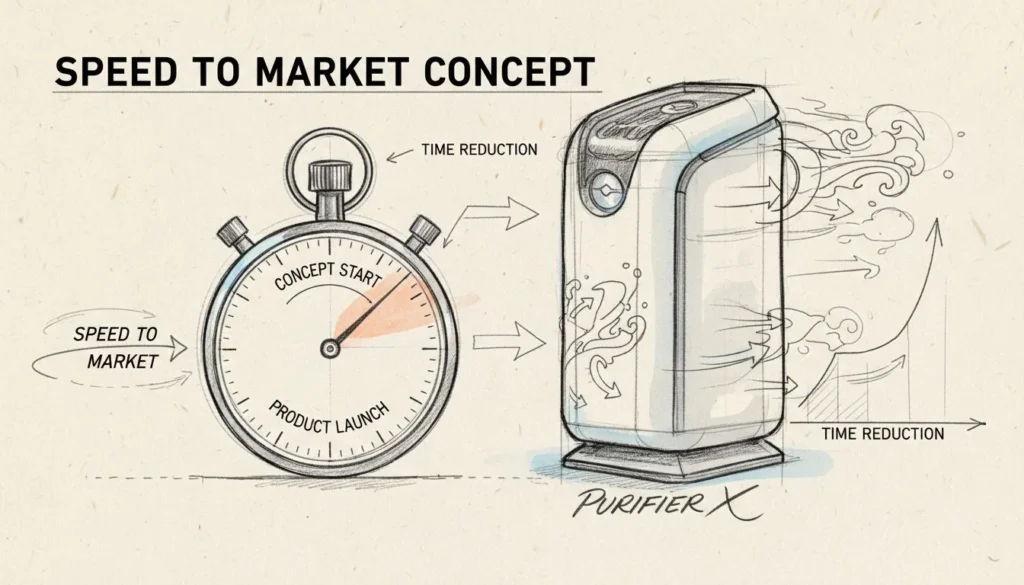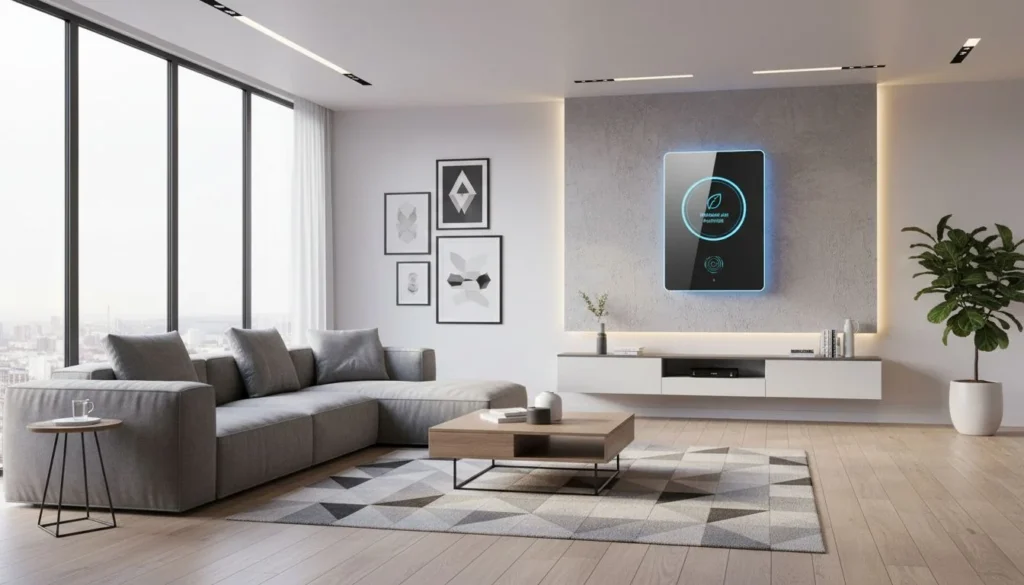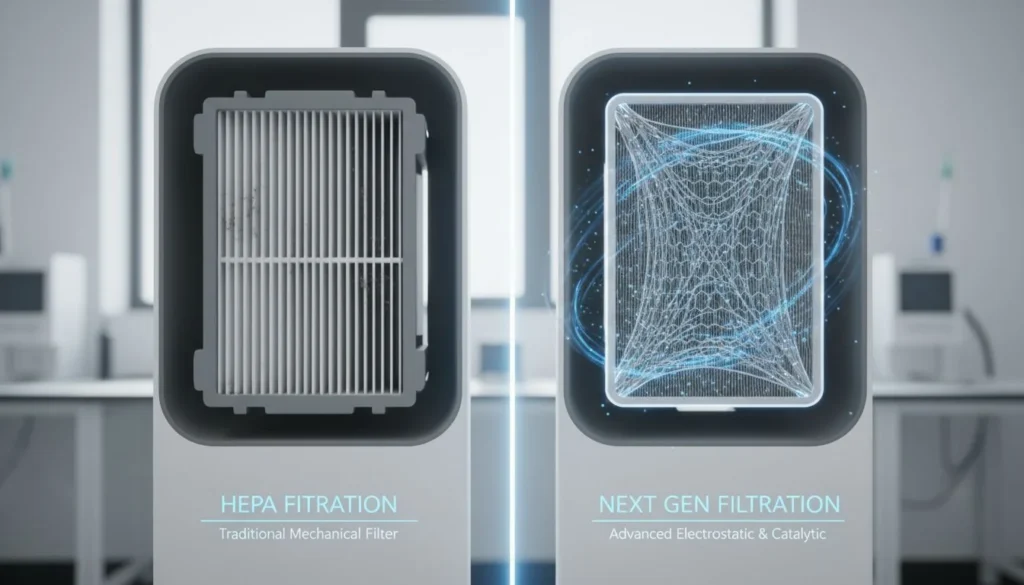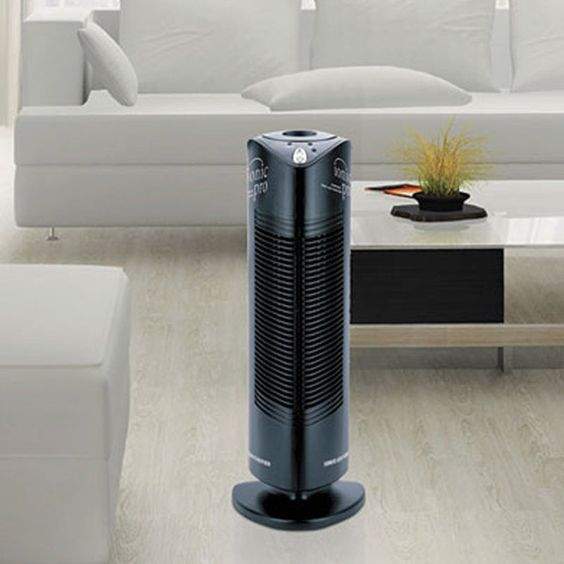
Fuente de la imagen: Pinterest
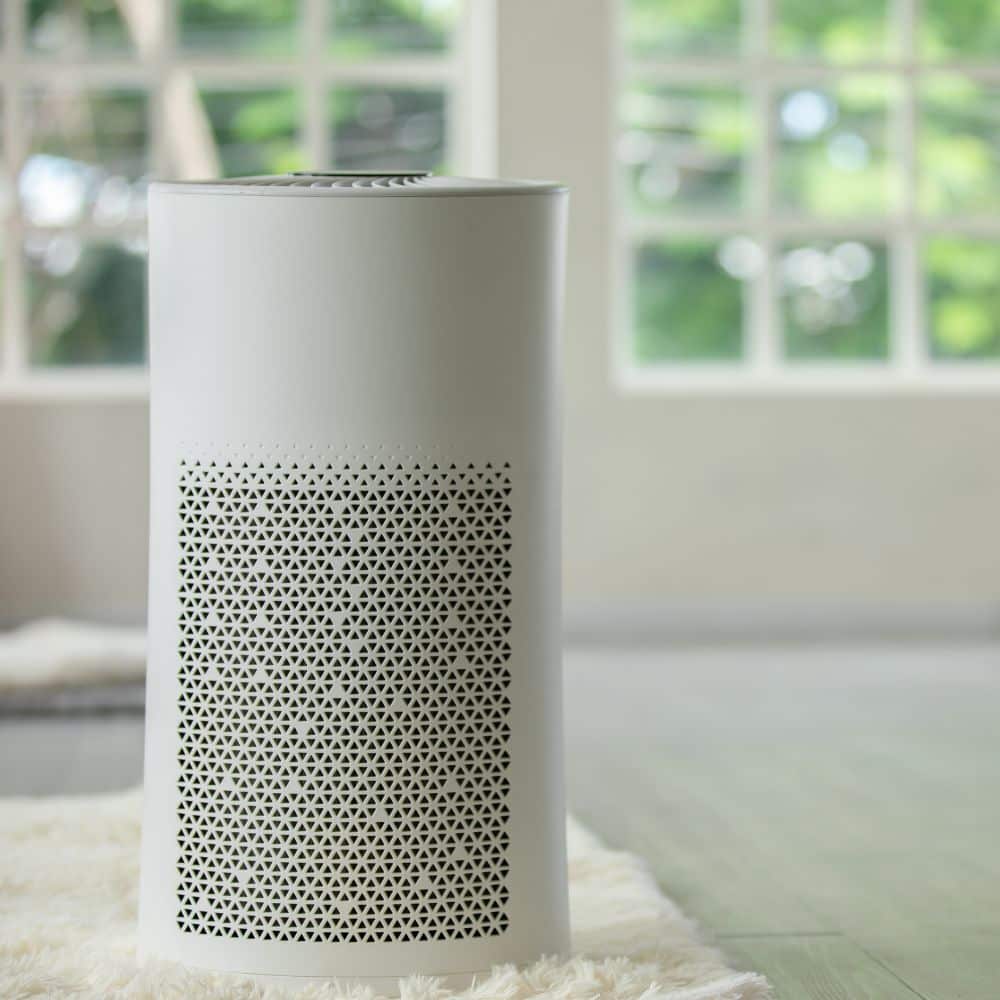
Fuente de la imagen: Hisoair
Purificador de aire iónico para habitaciones pequeñas o Purificador de aire HEPA para habitaciones grandesLos populares sistemas de purificación del aire que se utilizan habitualmente en hogares y empresas contribuyen a mejorar la calidad del aire.
El purificador de aire iónico y los sistemas purificadores de aire HEPA son dos de los sistemas de purificación de aire más populares que se utilizan habitualmente en hogares y empresas para mejorar la calidad del aire.
¿Son los ionizadores mejores que los purificadores de aire HEPA?
Aunque los ionizadores se comercializan como purificadores de aire, técnicamente no lo son. basado en algún estudio sobre purificadores de aire. Disminuyen algunos compuestos orgánicos volátiles del aire, pero también aumentan la presencia de otros, como el etanol, la acetona y el tolueno. Además, su uso en interiores puede incluso provocar la formación potencial de ozono y formaldehído.
HEPA vs iónico
¿Qué significa iónico en un purificador de aire?
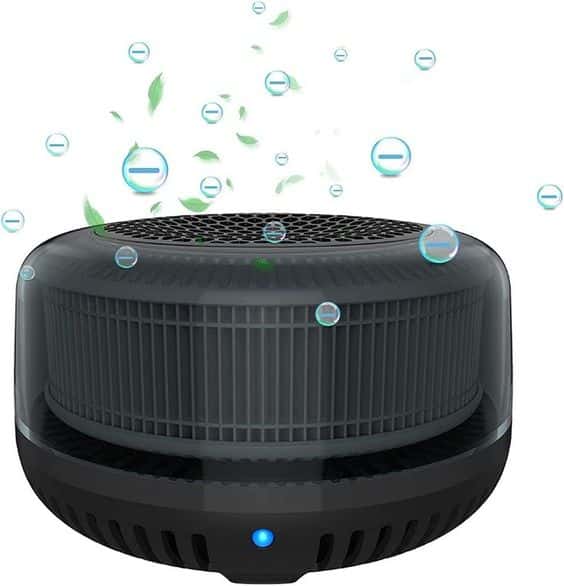
Fuente de la imagen: Pinterest
Según wiki, iónico en los purificadores de aire eliminan las impurezas del aire mediante la producción de iones cargados que los contaminantes del aire se adhieren para evitar que sean transportados por el aire.
¿Qué significa HEPA en un purificador de aire?
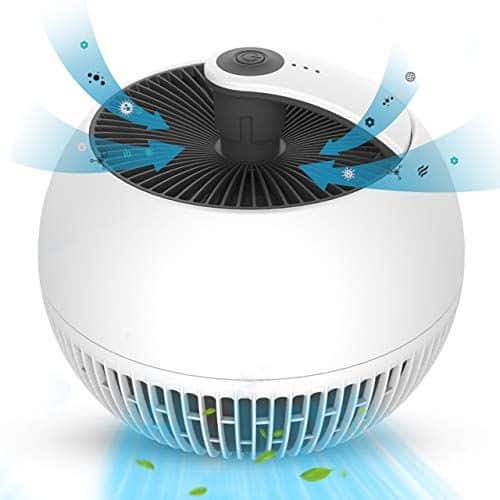
Fuente de la imagen: Pinterest
HEPA por wiki es la abreviatura de aire de partículas de alta eficiencia es un tipo de purificador de aire. Funciona capturando y filtrando polen, alérgenos, moho, virus, bacterias y partículas 2,5.
Filtro iónico frente a filtro hepa: cuál es mejor
Ventajas del filtro de aire iónico
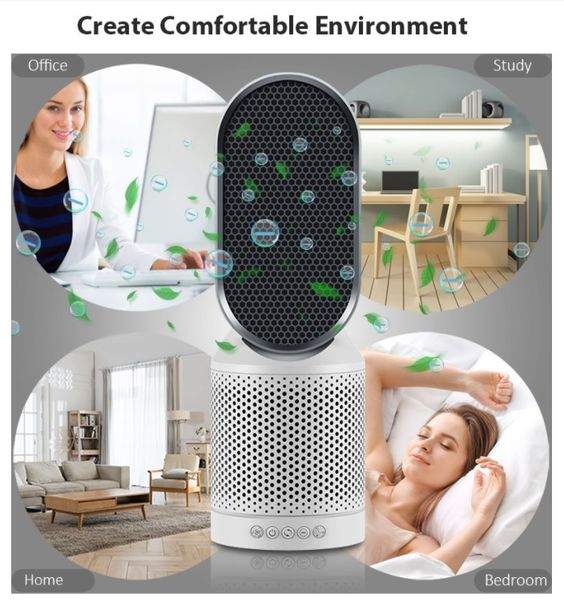
Fuente de la imagen: Pinterest
Los purificadores iónicos atraen las partículas a través de un ventilador hacia placas metálicas cargadas que emiten iones cargados negativamente. Estos iones se adhieren a los contaminantes del aire y hacen que se depositen en las superficies. Su estructura permite que el purificador sea compacto y silencioso en comparación con otros purificadores.
Contras del filtro iónico
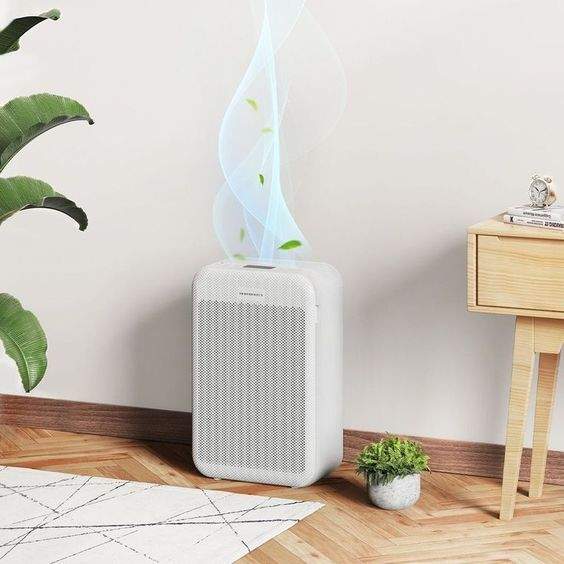
Fuente de la imagen: Pinterest
La forma en que el purificador de aire iónico elimina las partículas de aire al permitir que los contaminantes se asienten en las superficies a través de los iones de carga negativa de las placas metálicas crea un desorden para las superficies en las que se asientan las partículas e incluso pueden seguir siendo respiradas.
Ventajas del filtro HEPA
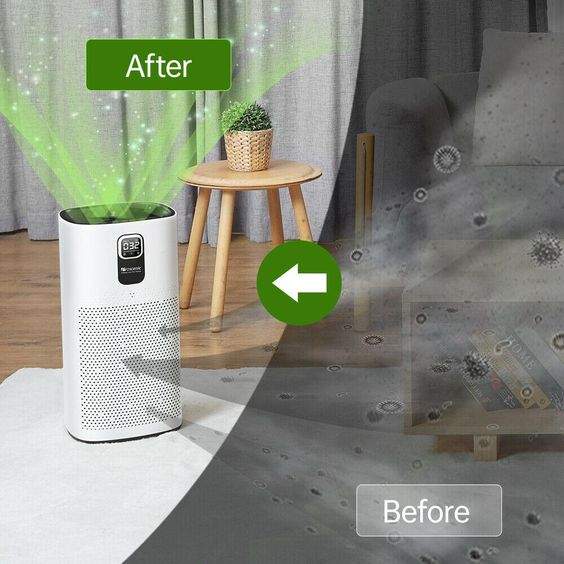
Fuente de la imagen: Pinterest
Filtros HEPA son fiables para deshacerse de los contaminantes del aire sin el riesgo para la salud de otros subproductos del aire. Se utiliza un ventilador para hacer pasar el aire a través de una malla fina para filtrarlo. La malla atrapa las partículas nocivas y el aire limpio se devuelve a la habitación.
Contras del filtro HEPA
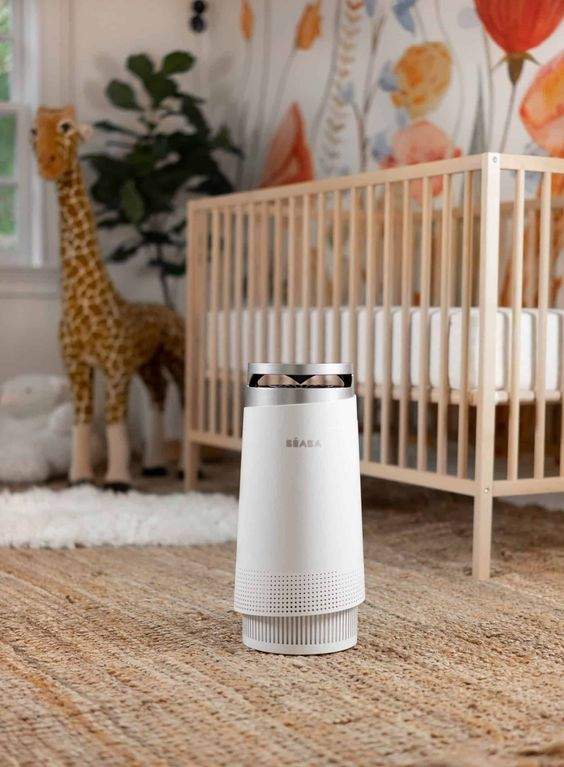
Fuente de la imagen: Pinterest
Los filtros HEPA, pueden ser propensos al crecimiento de moho y bacterias si la suciedad atrapada se apelmaza en él. Esto, sin embargo, puede remediarse fácilmente con el uso de luz UVC para limpiar y desinfectar el filtro HEPA y prepararlo de nuevo para filtrar las partículas del aire.
Diferencia entre ionizador y purificador de aire
¿Qué hacen los ionizadores y funcionan realmente los purificadores de aire iónicos?
Los ionizadores "purifican" el aire creando iones con carga negativa a través de placas metálicas cargadas electrónicamente. Estos iones negativos se adhieren a partículas diminutas que se juntan y aterrizan en las superficies. Puede restringir el moho, las bacterias y los virus, pero puede ser ineficaz contra el polvo, el polen y la caspa. Tampoco inhibe los olores.
Ionizador purificador de aire cómo funciona
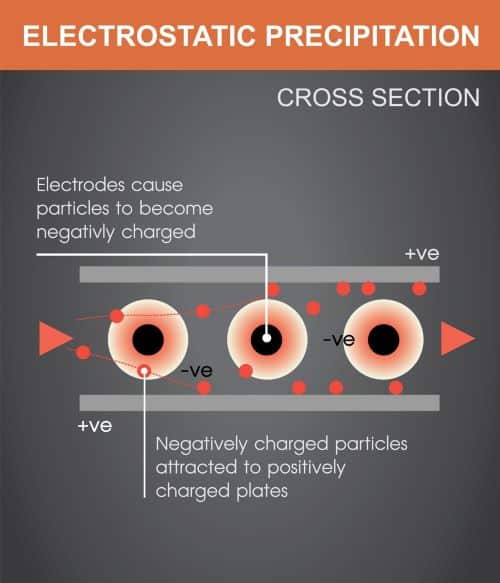
Fuente de la imagen: Airhealth
Los purificadores de aire ionizadores tienen placas metálicas que cargan electrónicamente los iones haciendo que se carguen negativamente. Estos iones atraen las partículas de aire cargadas positivamente que son los contaminantes del aire. Cuando se combinan, evitan que sean transportadas por el aire haciendo que se asienten en las superficies en lugar de quedar suspendidas como contaminantes del aire.
¿Qué hacen y cómo funcionan los purificadores de aire HEPA?
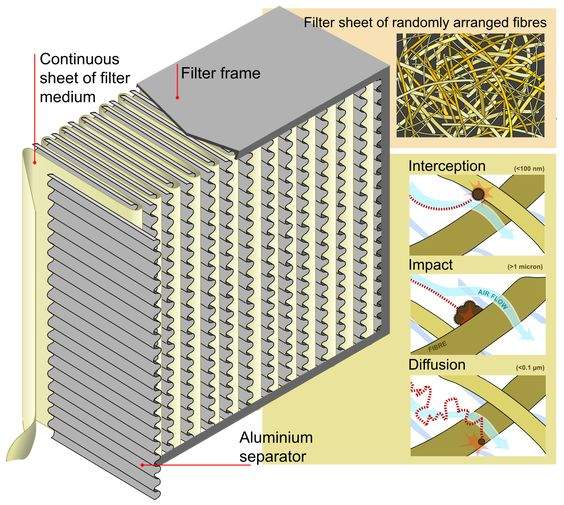
Fuente de la imagen: Pinterest
Los purificadores de aire con filtro HEPA funcionan haciendo pasar el aire circundante a través de una malla fina. La malla atrapa los contaminantes nocivos del aire como el polen, el polvo, el humo, el moho, la caspa de las mascotas, los ácaros y otras partículas suspendidas en el aire. El aire pasa a través de diferentes capas de la malla fina y sale purificado del 99,99% de partículas.
Peligros y efectos secundarios de los purificadores de aire iónicos
¿por qué son malos los purificadores de aire iónicos?
Los purificadores iónicos plantean posibles riesgos para la salud. No filtran el aire tan bien como un filtro HEPA, por lo que es posible respirar algunas de las partículas que los purificadores de aire iónicos no eliminan. Éstas pueden causar irritación de garganta, dolores de pecho y otras molestias o infecciones respiratorias.
¿Producen ozono los purificadores de aire ionizantes?
A pesar de los beneficios de purificación del aire de los purificadores de aire ionizantes, los riesgos para la salud de los purificadores de aire iónicos aún persisten. Los subproductos de su método de purificación dan como resultado ozono, que se considera un contaminante del aire y un irritante para los pulmones. Es importante tener en cuenta este posible efecto secundario antes de utilizarlo.
¿provocan cáncer los purificadores de aire iónicos?
No se han encontrado suficientes datos concluyentes para afirmar rotundamente que los purificadores de aire iónicos provoquen cáncer. Sin embargo, estudios muestran que los purificadores de aire iónicos aumentan algunos de los compuestos orgánicos volátiles o COV, que están relacionados con algunos problemas de salud importantes, incluido el cáncer en animales e incluso en humanos.
¿Es saludable respirar aire ionizado?
Contrariamente a lo que se anuncia, en realidad no es saludable respirar aire ionizado. Además de cáncer, la exposición al aire ionizado puede provocar problemas respiratorios, ya que contiene sustancias irritantes para los pulmones. Además, las personas corren el riesgo de sufrir náuseas, dolores de cabeza y daños en los riñones, el hígado y el sistema nervioso central.
¿El ionizador mata los virus?
La respuesta corta es nopero los ionizadores pueden neutralizarlos. A través de su método de purificación de la liberación de iones negativos, puede purificar los virus atrayéndolos a los iones negativos y dejar que se depositan en las superficies donde se puede limpiar fácilmente.
¿Existen efectos secundarios del purificador de aire Hepa?
La seguridad y los posibles efectos secundarios del filtro HEPA son objeto de controversia. Sin embargo, teorías y los filtros HEPA siguen siendo seguros. Las partículas de fibra de vidrio que se temía que causaran enfermedades pulmonares o cáncer se descartaron científicamente como motivo de preocupación.
purificador de aire iónico vs hepa: en resumen
Los problemas de seguridad de los purificadores de aire iónicos le quitan sus maravillosas ventajas. Por razones de seguridad y salud, se recomienda elegir Purificadores de aire HEPA a diferencia del purificador de aire iónico.
Mejor purificador de aire hepa
Los purificadores de aire HEPA reinan entre los demás purificadores de aire, y entre las muchas opciones de purificadores de aire algunos fabricantes de filtros hepa son más adecuados que otros. Austin Air Systems, Donaldson Company Inc, Daikin Industries Ltd., Hengst, Honeywell International Inc, por cierto usted puede aprender donde se fabrican los purificadores de aire honeywell a un solo clic) y MANN+HUMMEL son algunos de los mejores.


